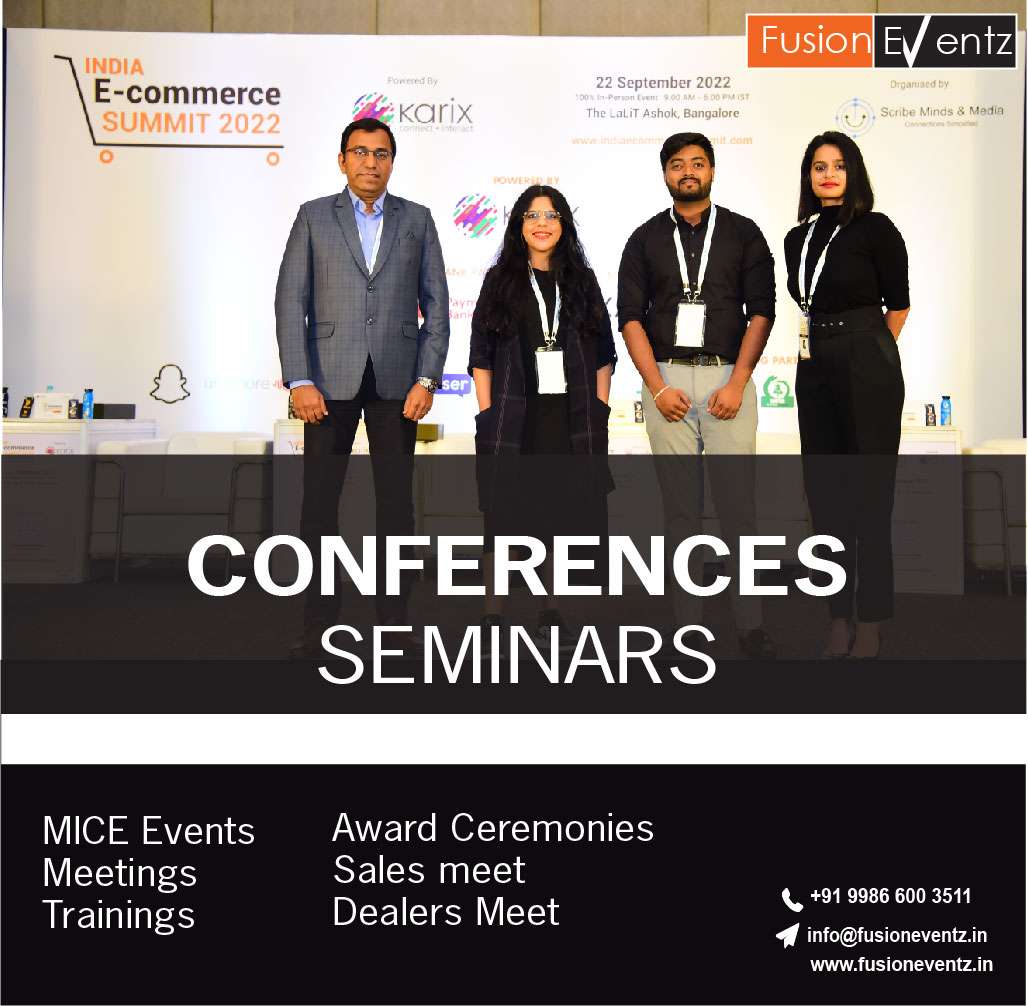Tips to organise international medical conferences
Organizing an international medical conference requires additional considerations due to the specialized nature of the content and the global reach of the event. Here are some tips to help you successfully organize an international medical conference:
Develop a Clear Theme and Objectives: Choose a specific medical theme for the conference that is relevant and timely. Clearly outline the objectives of the event to guide the selection of speakers, topics, and activities.
Establish a Scientific Committee: Assemble a committee of renowned medical experts from different specialties to review and select abstracts, presentations, and speakers. Their expertise will ensure the conference's scientific rigor.
Secure Keynote Speakers: Attract reputable and influential keynote speakers to draw a diverse and engaged audience. High-profile speakers can also enhance the conference's credibility and visibility.
Identify a Suitable Venue: Choose a venue that can accommodate the expected number of attendees and provides the necessary facilities for medical presentations, workshops, and networking.
Arrange Visa and Travel Support: Facilitate visa applications for international attendees by providing invitation letters and other necessary documentation. Offer guidance on travel options and accommodation.
Plan CME Accreditation: If applicable, seek Continuing Medical Education (CME) accreditation for the conference to provide attendees with professional development credits.
Use an Online Registration System: Implement a user-friendly and secure online registration system that allows attendees to easily sign up for the conference, workshops, and social events.
Promote the Conference Widely: Utilize medical associations, relevant websites, social media platforms, and targeted email marketing to promote the event to a global audience.
Provide Multilingual Support: Offer conference materials, presentations, and important information in multiple languages to accommodate international attendees who may not speak the primary conference language.
Arrange Simultaneous Interpretation: If the conference has international speakers presenting in different languages, arrange for simultaneous interpretation to ensure effective communication.
Consider Time Zone Differences: Plan the conference schedule with consideration for time zone differences, ensuring that sessions are accessible to attendees from various regions.
Plan Networking Opportunities: Organize social events, networking sessions, and discussion forums to facilitate knowledge exchange and collaboration among attendees.
Ensure High-Quality Audio-Visual Setup: Invest in quality audio-visual equipment to ensure clear and smooth presentations, especially if the conference includes virtual or hybrid components.
Comply with Ethical Guidelines: Adhere to ethical considerations, including disclosure requirements and conflict-of-interest policies, for all speakers and presenters.
Prepare for Emergencies: Have contingency plans in place for medical emergencies and unforeseen situations during the conference.
Create a Virtual Component: Consider offering a virtual component for attendees who may face travel restrictions or prefer to participate remotely.
Collect Feedback and Evaluate: Gather feedback from attendees, speakers, and sponsors to assess the success of the conference and identify areas for improvement.
By incorporating these tips into your planning process, you can organize a successful and impactful international medical conference that fosters collaboration, education, and advancements in the medical field.

Comments
Post a Comment